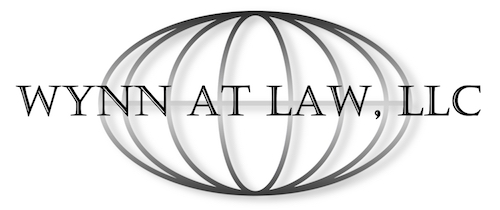What are exemptions?
Bankruptcy exemptions allow you to protect your assets up to a certain amount, which means that the bankruptcy trustee appointed to your case cannot take those exempt assets to pay your creditors. Exemptions are organized by specific assets and can be used to protect things such as your home, car, retirement benefits, and more.
How do exemptions work?
Exemptions work differently depending on whether you are filing for Chapter 7 or Chapter 13 bankruptcy.
In a Chapter 7:
In a Chapter 7 bankruptcy, the bankruptcy trustee sells off your nonexempt assets, essentially liquidating the asset for the benefit of your creditors. Correctly using exemptions in your Chapter 7 bankruptcy ensures that the bankruptcy trustee cannot sell off your exempt assets, and therefore you can keep the exempt property. For example, Wisconsin’s Homestead Exemption allows individuals to exempt up to $75,000 of equity in their home and a married couples can double their homestead exemption amount, thus protecting up to $150,000 in equity. (Wis. Stat. Ann. § 815.20.)
In a Chapter 13:
In a Chapter 13 bankruptcy, you as the debtor, agree to a repayment plan with your creditors to repay as much of your nonexempt property debt as feasibly possible. Here, exemptions help to minimize the amount you owe to your bankruptcy trustee to pay creditors, as you are only responsible for repaying the bankruptcy trustee the value of your nonexempt assets. For example, using the Wisconsin Homestead Exemption in a Chapter 13 bankruptcy would still protect up to $75,000 of equity as an individual, or up to $150,000 as a married joint-filer, but if you own any equity beyond those amounts that extra equity would be paid to creditors in your repayment plan.
What is the difference between state and federal exemptions?
Federal law and state law both have their own exemption lists and amounts. Some states require you to use their state exemptions only, while other states give you the option to choose between using either the state or federal exemptions. The state of Wisconsin gives you the option between state or federal exemptions, however, this does not mean that you can cherry-pick between the two lists. An experienced Wisconsin bankruptcy attorney can help you choose whether the state or federal exemptions would be more beneficial for your case. For example, the Wisconsin Homestead Exemption allows you to protect more equity in your home than the federal exemption, which may be beneficial if the main asset you are trying to protect is your home.
Conclusion
In Chapter 7 bankruptcies, you can keep all your exempt property, however you may lose any nonexempt property, as it may be used to satisfy the debts owed to your creditors. However, in Chapter 13 bankruptcies, you can keep all your property, and exemptions serve the function of determining what amount of money you are paying back to creditors in your repayment plan. For Chapter 13 bankruptcies, you are responsible for repaying your nonexempt assets.
Schedule a Free Bankruptcy & Debt Consultation with Wynn at Law, LLC
If you are considering bankruptcy and have questions, don’t hesitate to contact our bankruptcy attorney, Shannon Wynn. Wynn at Law, LLC offers free, in-depth bankruptcy consultations. Our bankruptcy attorneys are here to listen, advise, and help during your financial difficulties so you can move forward with your life.
You can reach our bankruptcy attorney by phone at 262-725-0175 or our website’s contact page. Wynn at Law, LLC has bankruptcy law offices conveniently located in Salem, Delavan, and Lake Geneva, Wisconsin.

